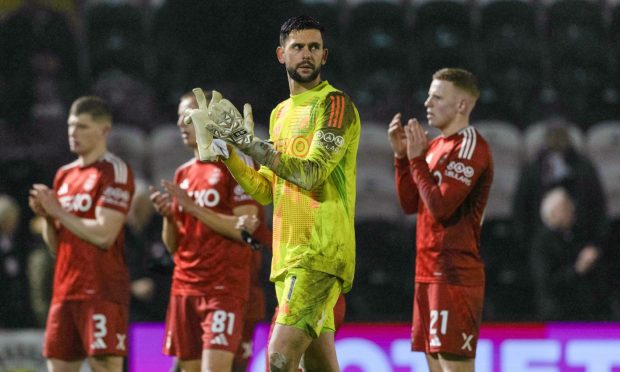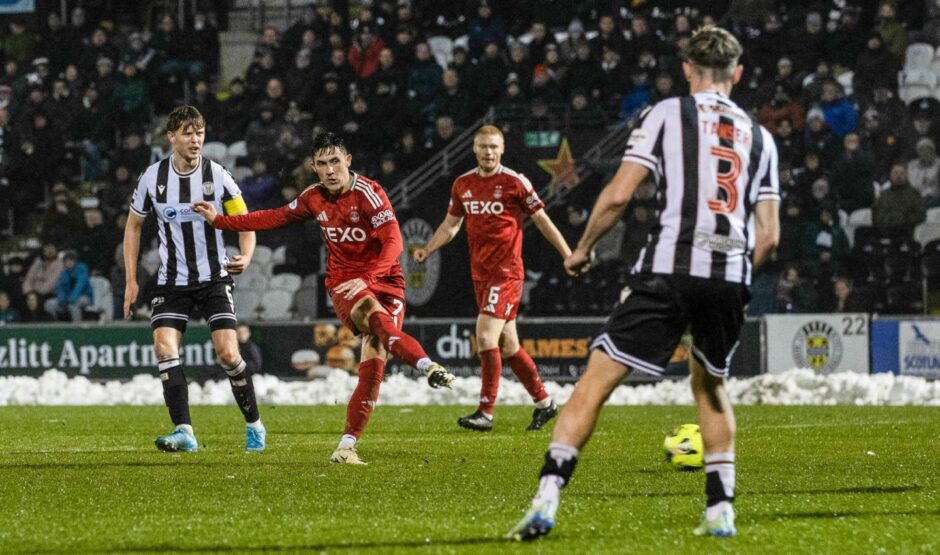The release of Aberdeen’s annual accounts served as a timely reminder of the importance of converting the season’s stunning start into something tangible at its end.
The uplift in turnover resulting from participation in European group play, for clubs operating at Aberdeen’s level, is massive.
With millions in UEFA prize money and a significant increase in gate receipts from the added glamour fixtures, qualification is the financial equivalent of selling Bojan Miovski every season.
That is not currently enough to make a dent in the distorting economic advantage enjoyed by Aberdeen’s wealthier Premiership rivals, but if obtained repeatedly would make them difficult for other clubs to keep pace with.
Though individual matches like Saturday’s will always have the potential to go either way, richness of resource usually prevails over the course of a season.
And, as Jimmy Thelin knows well from his days of chasing Malmo’s coattails, constructing a genuine challenger to disproportionately funded runaway champions begins by establishing a solid platform. When the ceiling seems too high to reach, raise the floor.
If Aberdeen can sustainably grow themselves, through performance, to the point where aberrations like last season are realistically banished, they can focus on looking up rather than down.
With that target in focus, now is the time for the Dons to hit it. Scotland’s UEFA club ranking is due to crater after next season, meaning 2025/26 is likely to be the last in which the guarantee of entry to the league phase is afforded to all but the champions.
Thelin’s team must continue striking while the iron is hot, for the coefficient – and the relentless business ingenuity of an industry never done seeking ways to transfer money from the poor to the rich – is standing by with a barrel of water to quench the club’s ambitions.


Conversation